World leaders finally sealed a climate agreement at COP30 in Belem after negotiations ran long into the night, but the deal stops short of naming the elephant in the room. There is no commitment to phase out fossil fuels, despite their central role in driving the climate crisis.
The text, approved on Saturday afternoon, reflects a familiar pattern: cautious progress wrapped in diplomatic compromise. It pledges to review climate-related trade barriers and calls on developed nations to “at least triple” funding for developing countries to help them cope with extreme weather. It also urges “all actors to work together to significantly accelerate and scale up climate action worldwide” in order to keep the 1.5 degrees Celsius target “within reach”.
European officials were polite but hardly euphoric.
“We’re not going to hide the fact that we would have preferred to have more, to have more ambition on everything,” said EU climate commissioner Wopke Hoekstra. “We should support it because at least it is going in the right direction.”
France’s ecological transition minister Monique Barbut was even blunter, calling it a “rather flat text”, though she added Europeans would not oppose it because “there is nothing extraordinarily bad in it”.
From outside the usual Western bloc, criticism carried a similar tone. Cuban Foreign Minister Bruno Rodriguez Parrilla said the outcome “fell short of expectations”, but pointed to COP30 as proof of the importance of multilateralism in tackling climate change.
The absence of any clear fossil fuel phase-out exposed the core rift in Belem. Oil-producing nations and those heavily reliant on coal, gas and oil pushed back hard, while vulnerable and developing countries demanded stronger commitments and more financial support.
Brazil, as host, leaned heavily on the language of unity. President Luiz Inacio Lula da Silva framed the conference as a balancing act between ambition and sovereignty.
“We need to show society that we want this without imposing anything on anyone, without setting deadlines for each country to decide what it can do within its own time, within its own possibilities,” he said.
COP30 President Andre Aranha Correa do Lago acknowledged that many had hoped for more. Still, he tried to reset the narrative by announcing new initiatives.
“As President Lula said at the opening of this COP, we need roadmaps so that humanity – in a just and planned manner – can overcome its dependence on fossil fuels, halt and reverse deforestation and mobilise resources for these purposes,” he told delegates.
He confirmed that two new roadmaps would be created: one on reversing deforestation and another on transitioning away from fossil fuels “in a just, orderly and equitable manner”, drawing applause from the hall. He also announced that the first international conference on fossil fuel phase-out would take place in Colombia in April.
Civil society groups weren’t convinced this was enough. Asad Rehman of Friends of the Earth said wealthier nations had resisted meaningful change until the very end.
“They have tried to bully developing countries and have weakened the text … But I would say that, overall, from what we’re hearing, we will have taken a step forward,” he said. “This will be welcomed by the millions of people for whom these talks are a matter of life and death. However, in the scale of the crisis that we face, we of course needed a giant leap forward.”
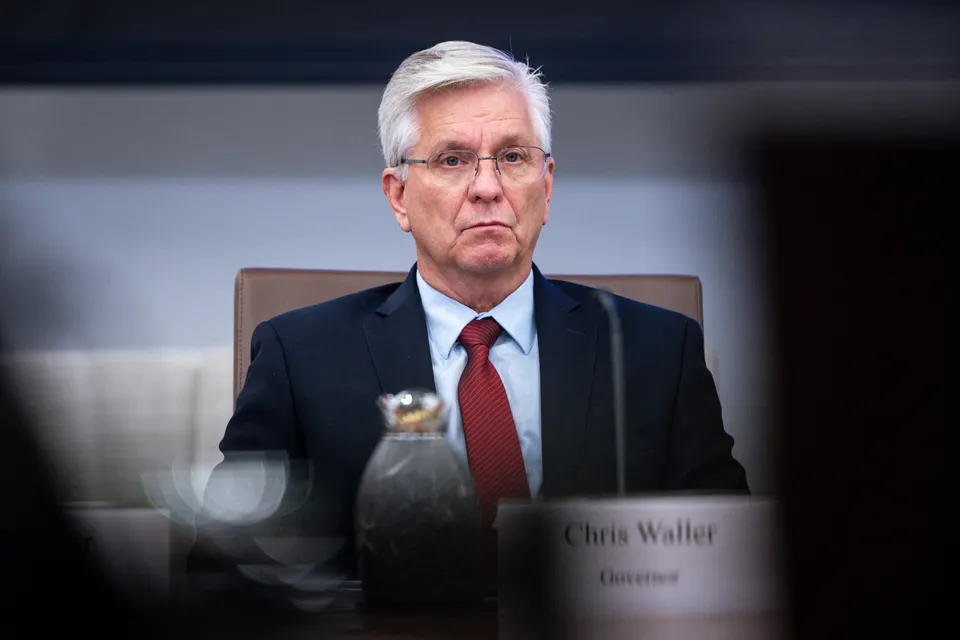
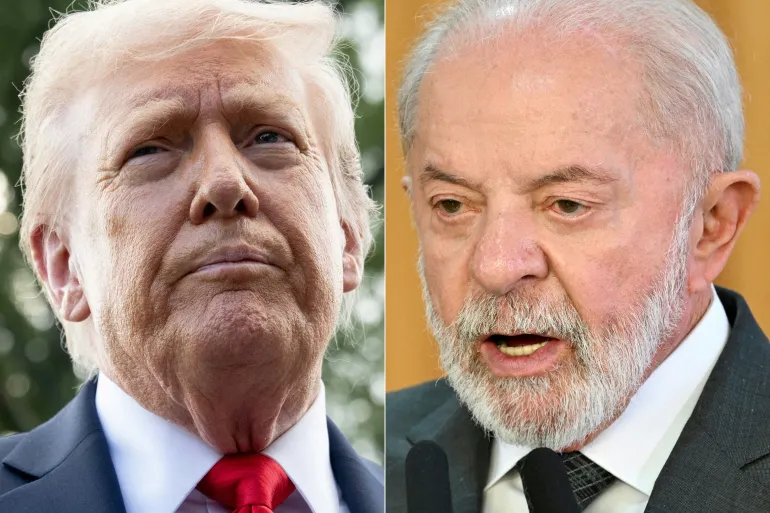

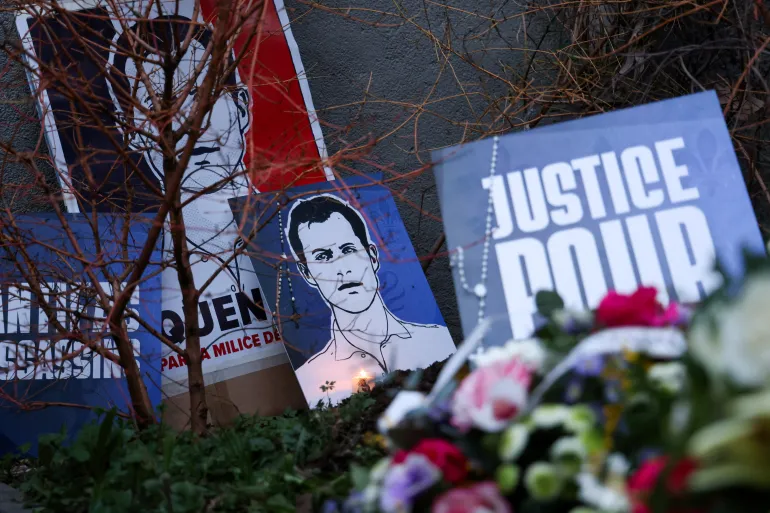
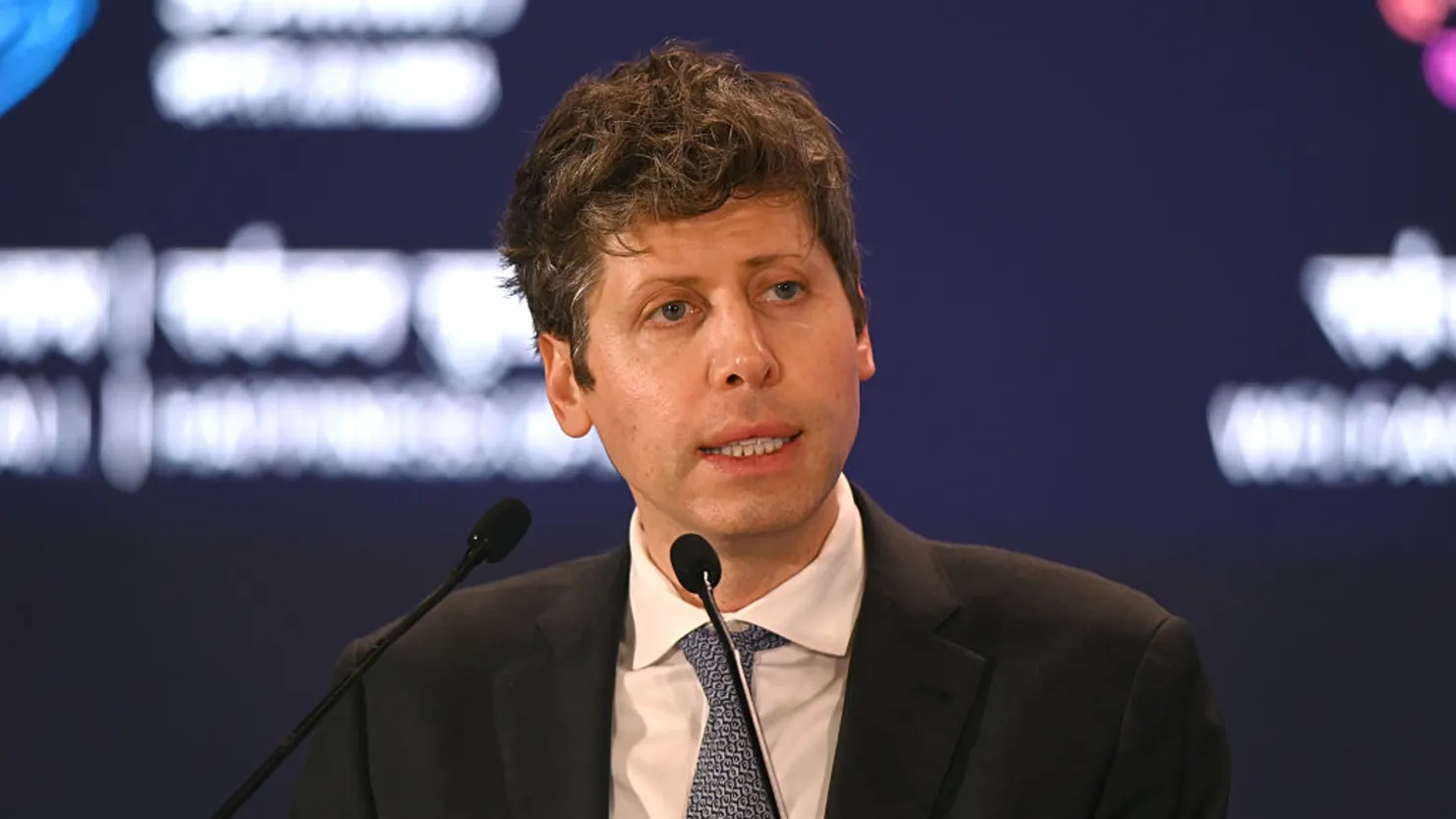
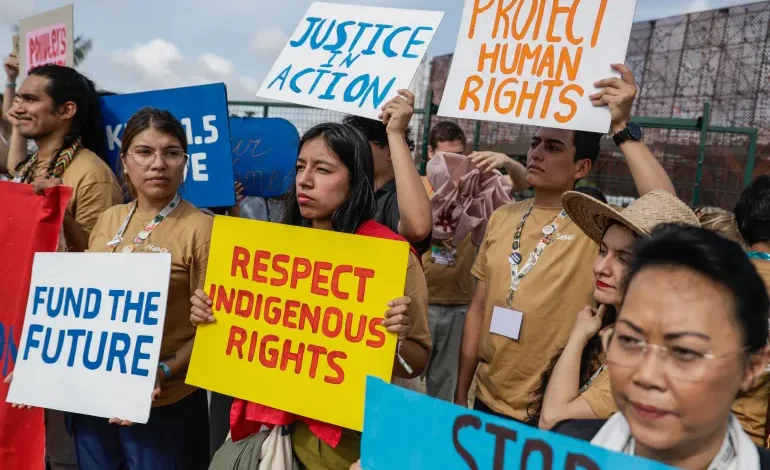




The latest news in your social feeds
Subscribe to our social media platforms to stay tuned